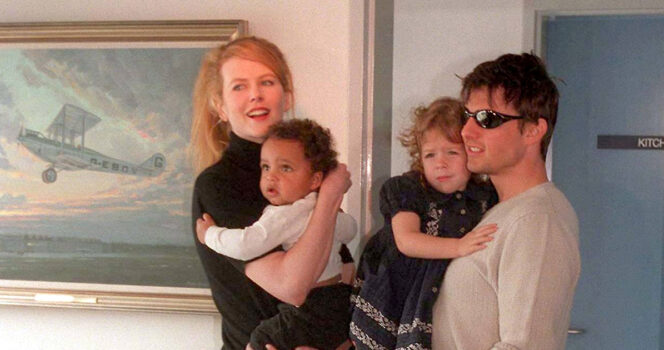When my stepdaughter Brooke got married, my husband Gary and I went above and beyond to give her the wedding of her dreams. We’d been there for her throughout her life, paying for her college tuition, supporting her through hard times, and doing everything we could to make her feel loved and cared for. 
When she mentioned wanting a vineyard wedding, we made it happen—no questions asked. Every detail was handled with love and generosity. And when it came time for her honeymoon, we didn’t cut corners. We booked a luxurious villa in the Dominican Republic, complete with a private pool, breathtaking ocean views, and all the comforts a newlywed couple could want. It was the kind of place that people save up years for just to experience a few nights. We were genuinely excited for her and hoped she would enjoy it as the perfect start to her married life. But the very next morning after they arrived, my phone rang. It was Brooke, and to my surprise, she sounded furious. “This place is tiny,” she snapped. “The pool is pathetic, and the beach isn’t even right outside—it’s a five-minute walk! Honestly, you guys are so cheap.” I was speechless.
Cheap? After everything we’d done—not just for the wedding, but for years? Gary was sitting beside me, and I saw his expression fall as her words hit him. He had put so much effort into making her happy, and now she was acting like a spoiled teenager instead of a grateful adult. I could have snapped back, but instead, I took a deep breath. Then I picked up the phone and called the villa’s management. I politely asked if we could cancel the rest of the stay and switch the reservation to a basic hotel room nearby. No ocean view, no private pool, no luxury amenities—just a standard room with the essentials.
Within a few hours, Brooke called us again, and this time she was panicking. “You can’t be serious!” she yelled. “What happened to the villa? This room is tiny, there’s no view, and the pool is shared!” I kept my voice calm and even. “Well, you said the villa was too cheap for your taste, so we figured something simpler might suit you better.” There was silence on the other end of the line, and I could feel her embarrassment through the phone. The next few days passed without a word from her. Then, finally, she called again. Her tone was completely different—gentle, apologetic, and full of reflection.
“I’m so sorry,” she said softly. “I didn’t realize how much you and Dad had done for me. I’ve been really ungrateful, and I’m embarrassed about how I acted.” I could hear the sincerity in her voice, and while we didn’t rub it in, Gary and I both agreed that she had finally learned something important. We accepted her apology without bitterness. It wasn’t about revenge or punishment—it was about perspective. Brooke needed to see the difference for herself. She needed to understand that luxury isn’t owed, and that gratitude isn’t about getting everything you want exactly how you want it—it’s about appreciating what others give you with love and good intentions. Sometimes, the best lessons in life come not from confrontation, but from allowing someone to experience the contrast between entitlement and appreciation. It was never our goal to embarrass her, but we knew that cushioning her from reality wouldn’t help her grow. She came back from that honeymoon more grounded, more self-aware, and with a newfound respect for all that we’d done. And while we knew we couldn’t change her past reactions, we could help shape her future outlook. In the end, she didn’t just return home as a married woman—she returned home with a greater understanding of what real generosity and gratitude look like.





